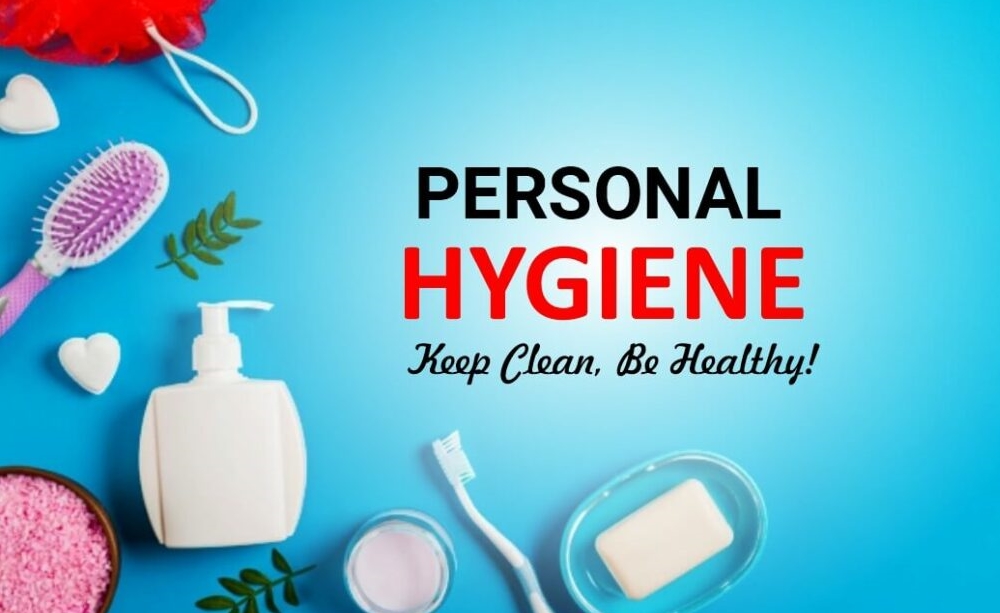The vulva, the external area of your genitals, is a self-cleaning organ. It has a natural balance of good bacteria that helps keep you healthy and free from infection. However, proper hygiene practices are still important for maintaining comfort and preventing irritation.
Here’s a guide from a gynecological perspective on how to clean your private parts effectively:
What You Need:
- Warm water
- Mild, fragrance-free soap (optional)
- Clean washcloth (optional)
- Clean towel
Steps:
- Gently Wash: Wash the vulva, the folds of skin around the vagina, with warm water. You can use a mild, fragrance-free soap if desired, but it’s not essential. Harsh soaps and products with strong scents can disrupt the natural pH balance of your vulva, leading to irritation.
- Washing Technique: If you’re using a washcloth, be gentle and avoid scrubbing. Cleanse the vulvar area from front to back to prevent bacteria from spreading from the anus to the vagina. Rinse the washcloth thoroughly after each use.
- Drying: Pat the area dry with a clean towel or allow it to air dry completely. Avoid excessive rubbing, which can irritate the delicate skin.
Additional Tips:
- Don’t D douche: Douching disrupts the natural balance of bacteria in the vagina and can actually increase your risk of infections.
- Wipe Front to Back: After using the toilet, always wipe from front to back to prevent bacteria from spreading from the anus to the vagina.
- Cotton Underwear: Wear breathable cotton underwear that allows for airflow. Tight-fitting synthetic fabrics can trap moisture and irritate the vulva.
- Change Pads/Tampons Regularly: Change your pads and tampons regularly throughout your period to prevent bacterial growth.
- Listen to Your Body: If you experience any unusual itching, burning, redness, or discharge, consult your gynecologist.
Remember:
- The vagina is a self-cleaning organ. You don’t need to clean inside it.
- Focus on gentle cleansing of the external vulvar area.
- Less is often more when it comes to vaginal hygiene products.
When to See a Gynecologist:
If you experience any persistent discomfort, unusual discharge, or changes in the vulvar area, schedule an appointment with your gynecologist. They can diagnose any underlying conditions and recommend the best course of treatment.
By following these simple tips, you can maintain healthy vulvar hygiene and promote overall well-being.





